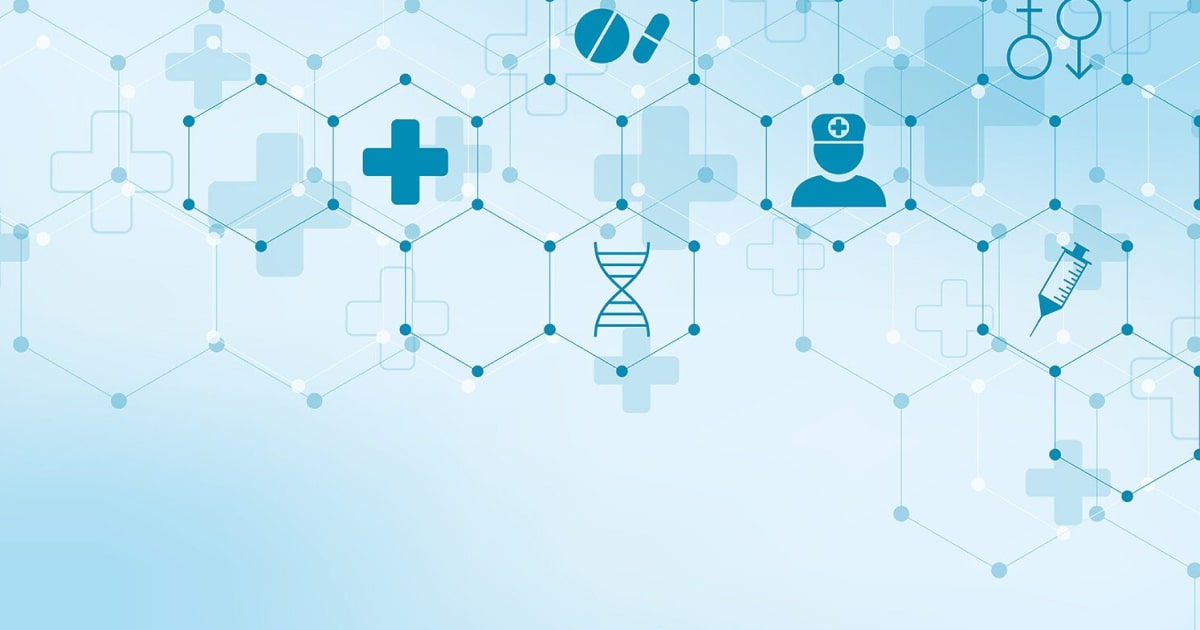
Expert Reviewed By: Dr. Brandon Colby MD
Myopia, commonly known as nearsightedness, is a condition that affects millions worldwide. While it is often considered a minor inconvenience, certain forms of myopia, such as Myopia 23, autosomal recessive, can have more severe implications. This specific genetic form of myopia is linked to a host of complications, including significant vision impairment and even blindness. Recent advances in genetic testing have opened new avenues for understanding and managing this condition, offering hope to those affected.
Understanding Myopia 23, Autosomal Recessive
Myopia 23, autosomal recessive, is a genetic condition characterized by severe nearsightedness that typically presents in childhood. It is caused by mutations in certain genes, leading to structural abnormalities in the eye. This form of myopia is particularly concerning because it is associated with a higher risk of retinal detachment, a condition that can lead to permanent vision loss if not promptly treated.
The Role of Genetic Testing
Genetic testing has emerged as a crucial tool in diagnosing and managing Myopia 23, autosomal recessive. By identifying specific genetic mutations, healthcare providers can better understand an individual's risk profile and tailor their approach to treatment and monitoring. Let's explore how genetic testing can make a difference.
Identifying Genetic Mutations
Genetic testing allows for the precise identification of mutations responsible for Myopia 23. This is particularly important for a condition that follows an autosomal recessive inheritance pattern, where two copies of the mutated gene are required for the condition to manifest. Identifying carriers of the mutation can provide valuable information for family planning and early intervention.
Personalized Monitoring and Treatment
Once a genetic mutation is identified, healthcare providers can develop a personalized monitoring plan for the patient. This may include regular eye examinations and imaging studies to detect early signs of complications such as retinal detachment. Early detection is critical in preventing vision loss and ensuring timely treatment.
Informing Family Members
Genetic testing can also provide important information for family members of those diagnosed with Myopia 23. Since the condition is autosomal recessive, siblings and other relatives may be carriers or at risk of developing the condition. Genetic counseling can help families understand their risk and make informed decisions about health management and family planning.
Advancing Research and Treatment Options
Beyond individual patient care, genetic testing contributes to broader research efforts aimed at understanding Myopia 23. By collecting genetic data from affected individuals, researchers can identify patterns and potential targets for future therapies. This ongoing research is crucial for developing new treatments and improving outcomes for those with the condition.
Conclusion
Myopia 23, autosomal recessive, poses significant challenges due to its genetic nature and associated risks. However, the advent of genetic testing has transformed our approach to this condition, offering new insights and opportunities for management. By identifying genetic mutations, personalizing care, and informing families, genetic testing plays a pivotal role in mitigating the impact of this form of myopia. As research continues to advance, we can hope for even more effective strategies to combat this challenging condition.
For more detailed information on the genetic causes and implications of Myopia 23, autosomal recessive, you can refer to the following reference.
About The Expert Reviewer
Dr. Brandon Colby MD is a US physician specializing in the personalized prevention of disease through the use of genomic technologies. He’s an expert in genetic testing, genetic analysis, and precision medicine. Dr. Colby is also the Founder of and the author of Outsmart Your Genes.
Dr. Colby holds an MD from the Mount Sinai School of Medicine, an MBA from Stanford University’s Graduate School of Business, and a degree in Genetics with Honors from the University of Michigan. He is an Affiliate Specialist of the American College of Medical Genetics and Genomics (ACMG), an Associate of the American College of Preventive Medicine (ACPM), and a member of the National Society of Genetic Counselors (NSGC)